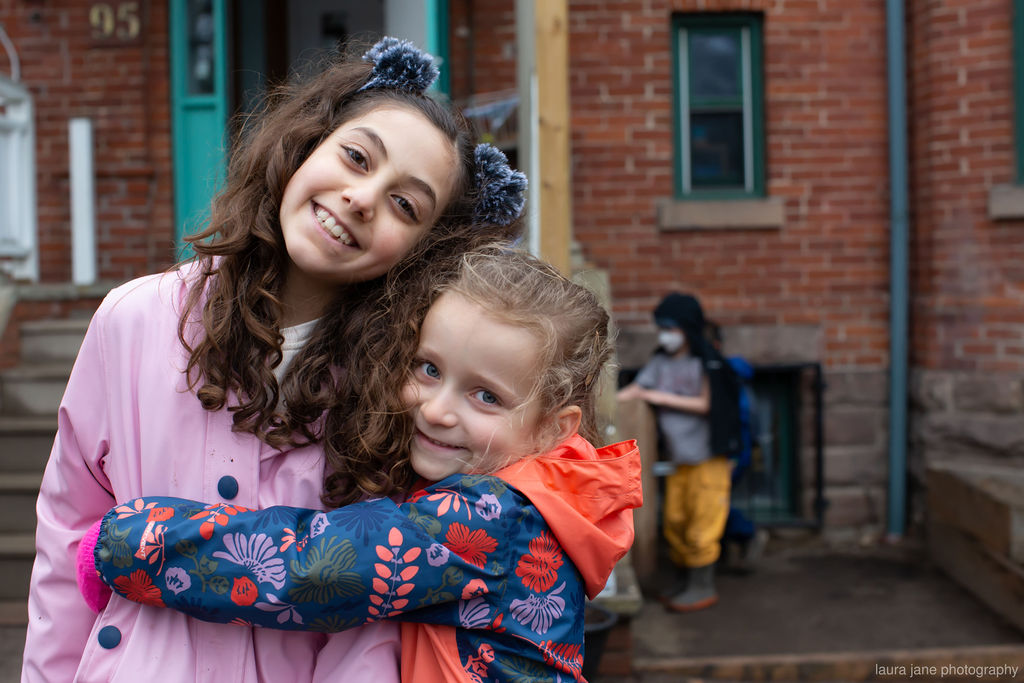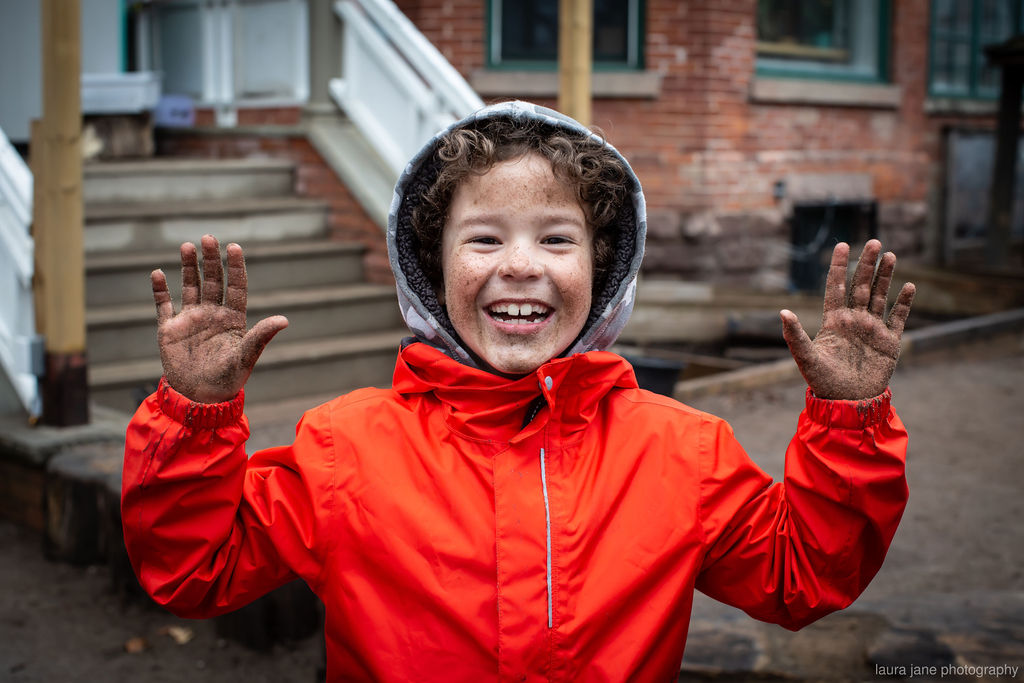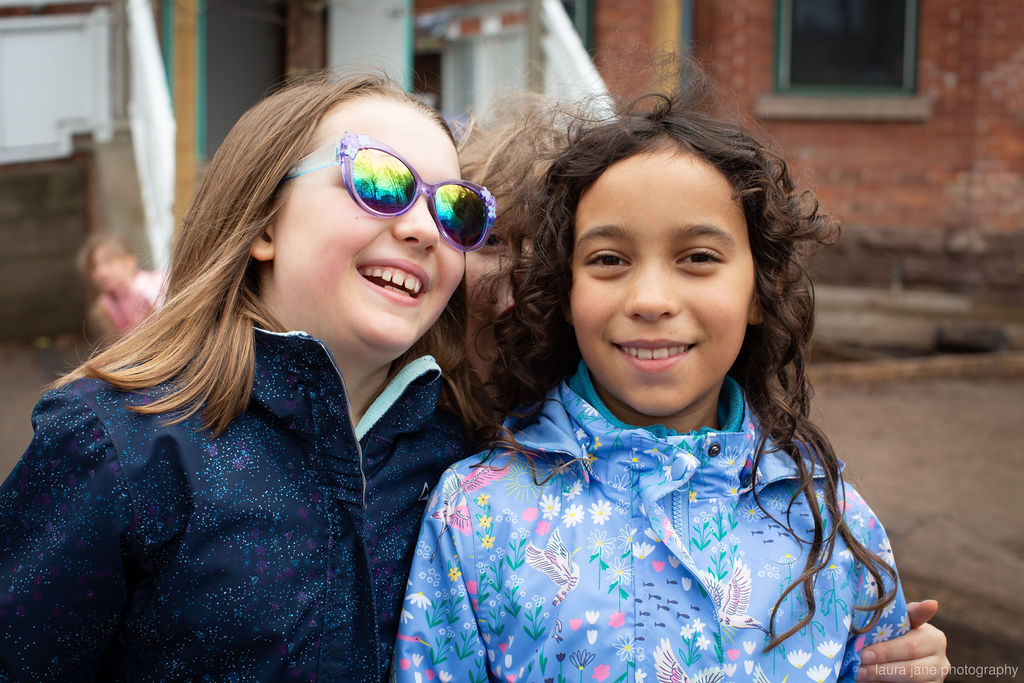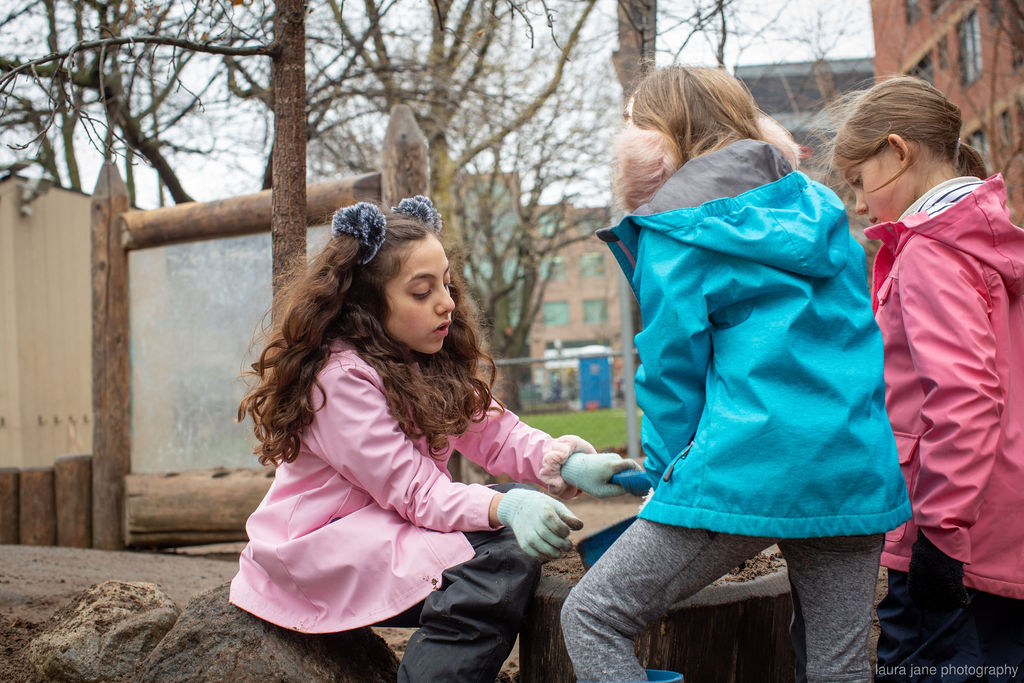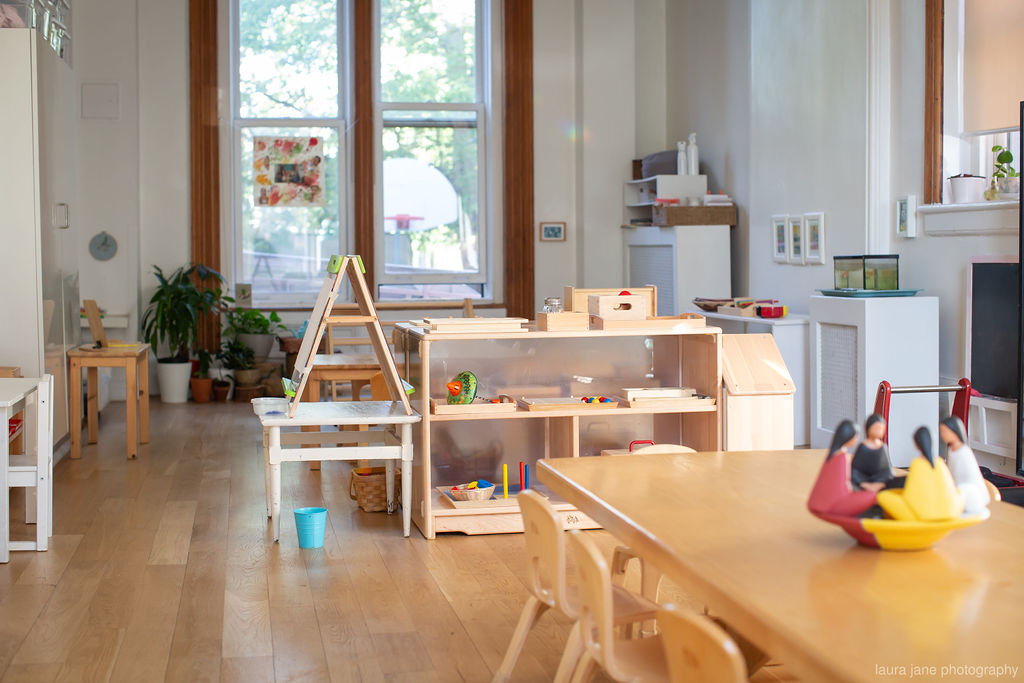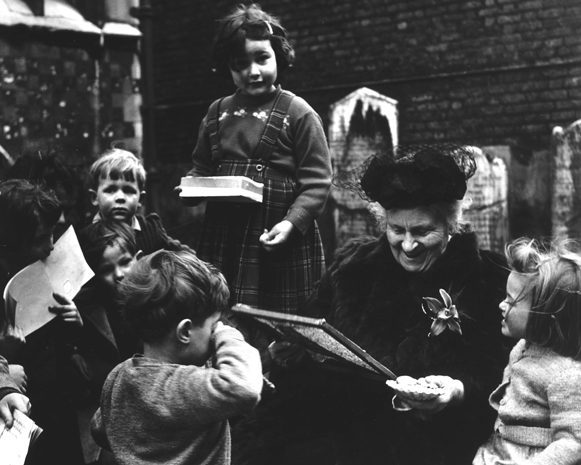
“The child has infinite possibilities which were not known before. Little children have lived in the world for thousands and thousands of years and no one has ever been aware of them.” — Maria Montessori
Dr. Maria Montessori
Born in 1870, Dr. Maria Montessori was an Italian physician, the first woman to earn a degree in medicine at the University of Rome, who developed a form of child-centred pedagogy that revolutionized education.
Over a 40-year period, during which she observed children directly and worked with them personally, Dr. Montessori developed a philosophy of education that emphasized respecting each learner and developing their unique competencies and fullest humanity. Her methods, honoured and respected throughout the world, garnered her Nobel Peace Prize nominations in 1949, 1950 and 1951.
The first Montessori classroom, the “Casa Dei Bambini”, opened in January 1907 in San Lorenzo, Rome.
The Montessori Method
is based on these tenets.
Hover over the topics below to read more.
1. Learning by Doing
2. Mixed-Age Classrooms
Children are grouped together for three years, providing opportunity to learn from one another, be both mentee and mentor and experience a harmonious and natural community.
3. Uninterrupted Work Periods
Children have ample time daily to explore, learn and engage free of adult-driven interruptions.
4. Prepared Environment
A meaningfully structured learning space where everything has a purpose and a place, designed to be open and accessible, thereby activating a love of learning through curiosity, engagement and the freedom to choose.
5. Role of the Teacher
Generally called a guide; they serve as the dynamic link between the prepared environment and the child. Their role involves connecting the child to the learning materials through engaging and inspiring presentations.
6. Freedom Within Limits
Clear expectations, classroom guidelines and consistency are key. As children respect themselves, each other and their environment, they have the freedom to move within their space, choose their activities, communicate with peers and teachers and work as long as they need in any area in the classroom, repeating their work until mastery.
7. Educating the Whole Child
The human spirit and the development of the whole child, including areas of physical, social, emotional and cognitive growth are interwoven and of equal importance.
8. Individualized Curriculum
Guides are trained to deliver lessons at the optimal moment of readiness for each child. Following their students’ interests and passions enables the children to experience success and joy in the learning process.
9. Developmental Stages
10. Peace Education
Dr. Montessori is universally known for her contribution to world peace and the camaraderie of nations, to which she dedicated years of her life, laying the foundation of a true science through innovation in education.
Learn
Intellectual, physical, emotional and social growth are valued equally. The teacher encourages, guides and constantly assesses the children, nourishing their growth into joyful, balanced, compassionate, competent, responsible, adaptive life-long learners.
A bit of History…..
During the last 115+ years, Montessori schools have opened worldwide. Alexander Graham Bell believed in Dr. Montessori; he supported her financially and wanted his grandchildren to benefit from her teachings. The first Montessori School in Canada was opened by Bell in 1912 in Baddeck, Nova Scotia, at his summer home.
Well-known supporters of Maria Montessori and her work include:
- Thomas Edison, famous inventor, founded a school and hosted Dr. Montessori during her early visit to the US,
- Jean Piaget, renowned Swiss psychologist, made his first observations of children in Montessori schools and was head of the Swiss Montessori Society for many years,
- Erik Erikson, noted anthropologist and author, was a certified Montessori teacher,
- Mahatma Gandhi, spiritual leader, spoke at the Montessori Training College in London, 1931 and they remained friends and supported each others’s causes,
- Lastly, our beloved neighbour from childhood, Mr. Rogers, was a huge supporter of Montessori.
Who attended Montessori schools?
Well-known Montessori graduates include the following:
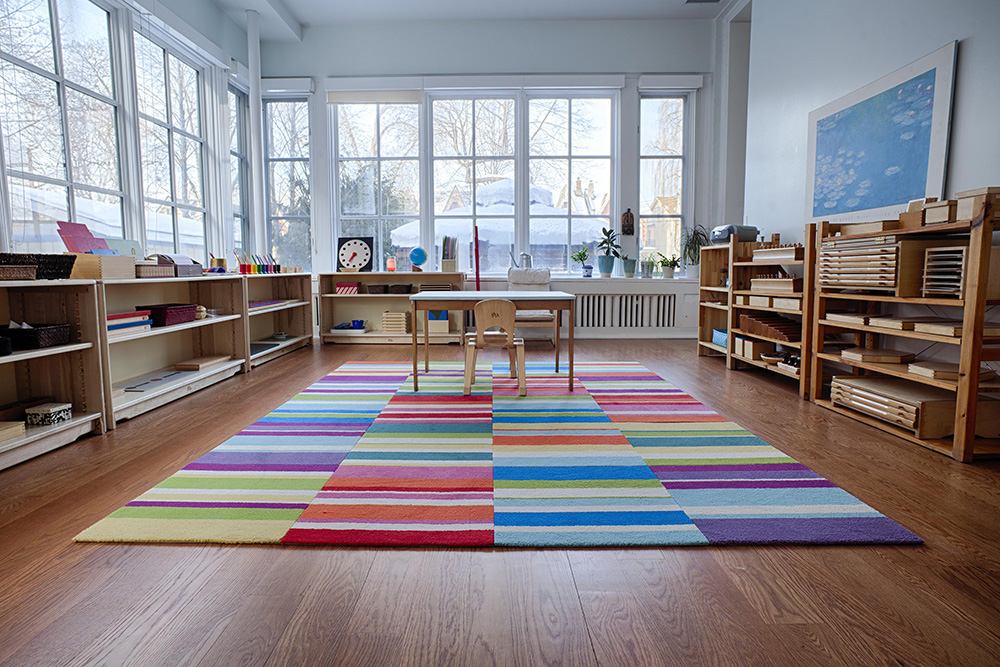
If you wish to learn more about Montessori please visit:
Association Montessori Internationale
Canadian Council of Montessori Administrators
Montessori Accreditation Council for Teacher Education
North American Montessori Teachers’ Association
And of course, if you have any questions please email us at hello@westsideschool.ca.
